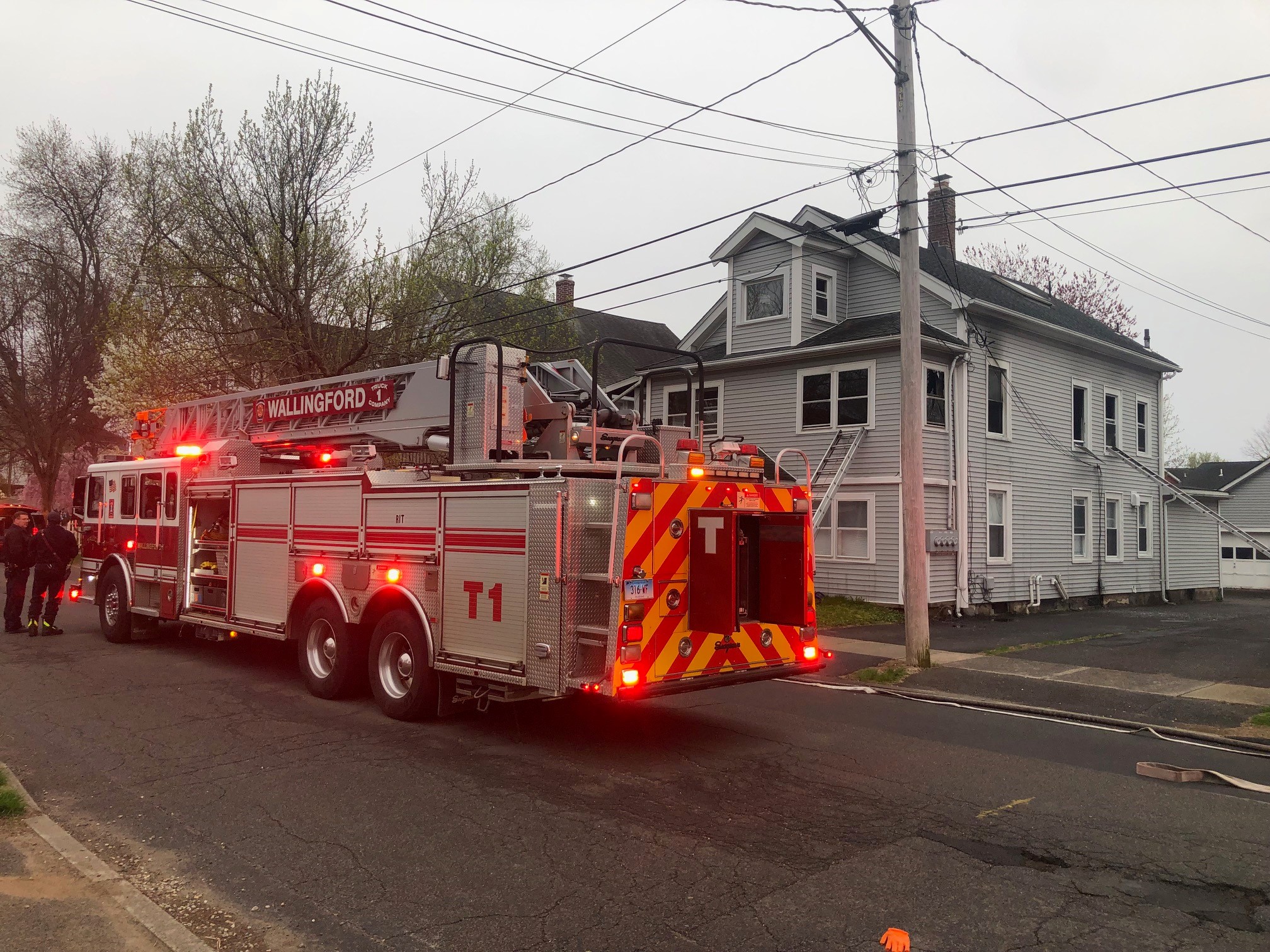Preparing to ring in the New Year, people were stocking up on supplies Wednesday. Champagne, wine, beer and other spirits were flying off the shelves at liquor stores around the state.
At the Connecticut Beverage Mart in Newington, traffic was steady, just as it has been for months. According to store owner and Connecticut Package Store Association president, Steve Downes, the pandemic has brought an overall increase in sales.
“I definitely think people have been drinking a little bit more,” said Downes.
According to state estimates dated November 10, the annual tax revenue from alcohol sales this year is $73.2 million. That’s up from $68.9 million a year ago. The increase has come even as people have cut back on gatherings.
“We were thinking we were going to lose a lot of parties (this summer) from Father’s Day and things like that but those parties went off well,” added Downes.
Those parties though were outside. With the colder weather, holiday gatherings are likely to be inside and much smaller.
Local
“In the past, I’ve gone to parties but this year we’re not. We’ll just be at home with the family,” said Stephanie Weaver who traveled from Alexandria, VA to visit family in Wethersfield.
Although gatherings will be smaller this year, one libation does bring some sense of New Year’s normalcy.
“We think of New Year’s and celebrations as champagne type of events but champagne is good anytime of the year,” said Rick Mullins of Berlin.
The increased drinking though is not without its downside. Package stores have seen a significant increase in sales the past 10 months. But it’s not just social drinkers making the purchases.
Addiction experts around the state say the pandemic has made alcoholism an even more acute issue.
“We’ve seen an uptick in terms of overall usage of alcohol as well as other substances,” said Teodoro Anderson Diaz is the Vice President of Behavioral Health Services at the Wheeler Clinic in Hartford.
Diaz explains that many factors have contributed in a rise in alcoholism. Among them, isolation from family and friends.
“The pandemic has definitely impacted our natural support networks that often times play a major role in people's recovery," he explained.
The isolation has also limited access to services. The Wheeler Clinic and other addiction treatment centers have often replaced in person counseling with tele-medicine; something that patients have not always embraced.
“I had a lot of my patients say, ‘when can I come back in?’ They were relieved to be able to come back in and have a three dimensional visit,” said Hartford HealthCare’s Dr. Jonathan Allen.
Allen said the length of the pandemic has magnified the problems facing those with addiction.
“You have people that have been using more and maybe are struggling a little bit because of the months and months and months we’ve been going through this,” said Allen.
For some, the New Year brings the idea of making change, including seeking help with addiction. Experts recommend seeking professional help rather than stopping cold turkey.
“You don’t want to stop suddenly and get sick,” said Allen. “That can actually be dangerous.”
Substance Use Disorder Treatment Access Line
If you are a Connecticut resident seeking access to substance use disorder treatment, including assessment centers, medication-assisted treatment (MAT), detox, and residential treatment, call the DMHAS Access Line at 1-800-563-4086. The Access Line is able to prioritize transportation services for detox and may also be able to arrange transportation to DMHAS substance use disorder residential treatment.



